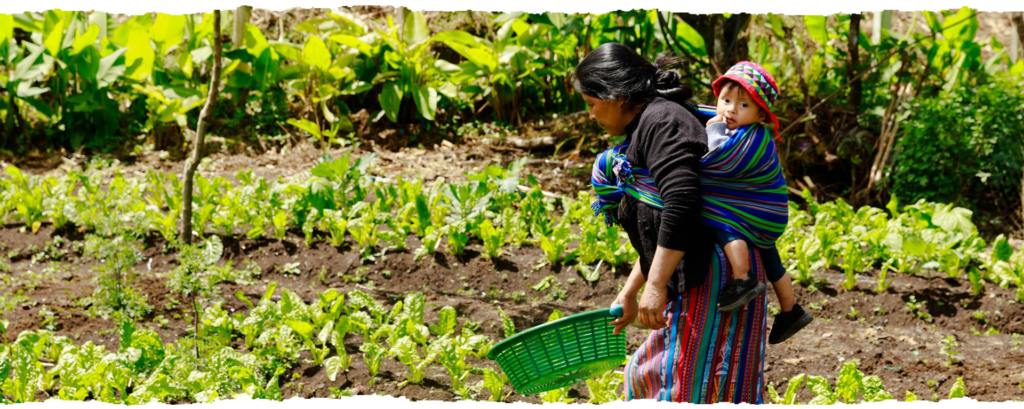John J. Hurley, president emeritus of Canisius University, has made six trips to Central American countries since 2011
The irony was not lost on me.
While the U.S. Congress was imploding in February over the negotiated bill to provide funds for security measures at our southern border, my wife, Maureen, and I were on a vision trip with Agros International in Guatemala. I guess you could say that we were getting a look at the immigration crisis from the bottom up.
Agros is a nongovernmental organization based in Seattle that for the past 40 years has been working in Central America to break the cycles of poverty and create paths to prosperity for the rural poor. Originally, Agros acquired large tracts of land and created small villages in which the poor, generally sharecroppers or migrant farmers, could acquire land and build family wealth. Since 1984, it has developed and worked in 45 rural communities in El Salvador, Guatemala, Honduras, Mexico and Nicaragua.
Over time, Agros discovered that it needed to employ a more holistic approach that focused not only on land acquisition, but also on clean water, child health programs, and modern agricultural practices that would improve crop yields and create international channels to sell more valuable crops.
In Guatemala, we saw Agros programs that were working. Severe child malnutrition is being addressed in the village of Asich, thanks to community health promoters who work to gain the trust of mothers to buy into a program of regular checkups, healthier diets and vitamins. Those who commit to the program are eligible for home improvements like concrete slab floors, stoves with vent pipes and sanitary bathrooms to replace outdoor latrines.
We saw mesh greenhouses and raised, mulched beds that yield high quality snow peas, tomatoes, and peppers that can be sold in international markets, a far cry from the corn and beans subsistence farming of most of the rural poor.
In Huehuetenango, we saw a joint venture between a Guatemalan company, Papayon, and the United States Agency for International Development. For an investment by USAID of $70 million, (a tiny fraction of the $333 billion the U.S. has spent on border security since 2003), 40,000 Guatemalan farmers have been trained in similar modern practices that they can take back to their own farms.
We met women benefiting from an Agros microfinance program that enables them to supplement family income from sewing and weaving beautiful clothing and fabrics in vibrant colors. They also invest in raising chickens, and and sell the excess eggs in the market.
In short, what we saw were heroic efforts amid an otherwise bleak landscape of overwhelming poverty and hopelessness that have been a main factor in Guatemalan immigration to the United States. As of 2021, there were more than 1.4 million Guatemalans in the United States and the diaspora continues unabated. We learned that remittances, which are amounts sent back to Guatemala by those working in the United States, account for nearly a quarter of Guatemala’s GDP.
Therein lies the irony. As a country, we are spending massive amounts of money to “secure” our southern border. The border spending bill that cratered in Congress in February would have added another $20 billion to the effort, but sadly, we too often choose to address the symptoms and not the root causes of the massive migration northward.
The solution lies in keeping families together in their home countries by providing hope, opportunity and a pathway to prosperity. Creative solutions like the Agros initiatives are a far better approach and need to be supported and expanded.
Source: The Buffalo News, Buffalo, NY (April 28, 2024)
ABOUT John J. Hurley

John J. Hurley served as president of Canisius University, Buffalo, NY from 2010-2022. He and his wife, Maureen, are longtime supporters of Agros International.


